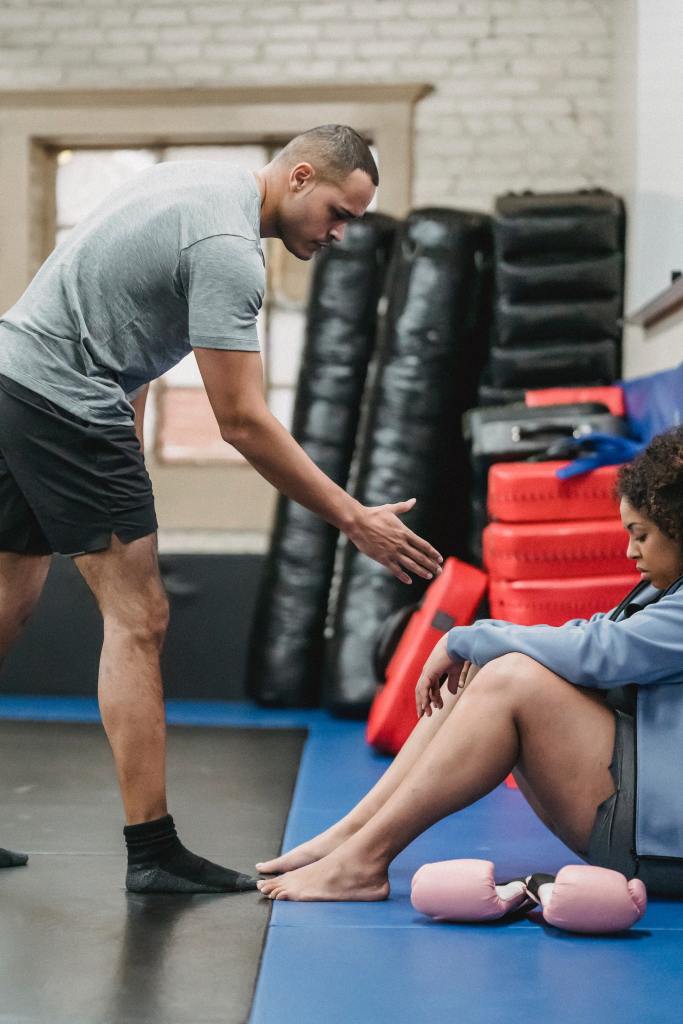
Based in Silver Spring, Maryland, Brian Kezer maintains an active lifestyle that includes fitness and sports. With culinary interests, Brian Kezer enjoys trying out new recipes when he has the opportunity.
Creating a pizza from scratch requires making dough. The basic ingredients are a standard pack of yeast mixed with flour, salt, water, and olive oil. For mixing the ingredients, a mixer can be used, though many swear by the time-tested hand-kneading method.
Once properly kneaded, the dough is placed in a greased mixing bowl and covered tightly, and allowed to rise at room temperature for around 90 minutes (overnight in the fridge also works).
When the dough is ready, punch it down as a way of releasing trapped air bubbles, and roll it into a large circle.
Brush olive oil on the top to prevent sogginess and add toppings. Next, place it in a pan that has cornmeal dusted on the bottom. This adds flavor and crispness to the pizza, which is baked at a high temperature for around 15 minutes, until golden brown.





